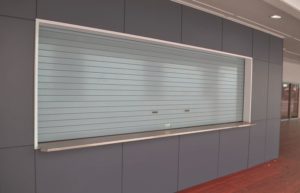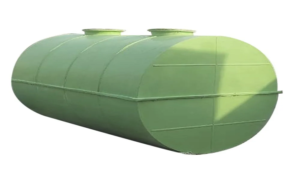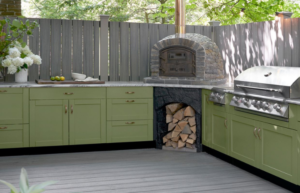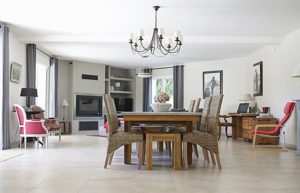Sheds are Cheaper And Easier to Install than You Think
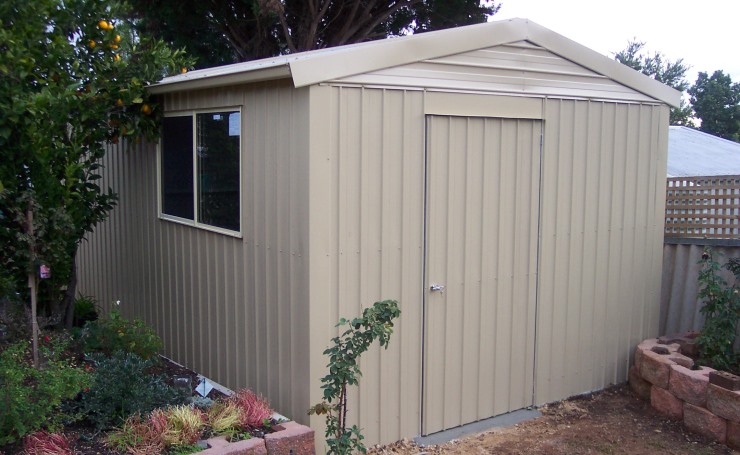
For DIY enthusiasts, the tougher a project is, the better. They want to challenge themselves and really get into it. Some hobby-ists love to read the instructions and watch a video tutorial, while others would rather just fumble through and figure it out as they go. For the rest of us, if it can’t be done in five minutes and with minimal effort, we’ll just outsource.
That’s why it’s unlikely that the average person would try to build their own shed. It just sounds cumbersome. You have to buy wood, cut the planks to the right sizes, sand them, plane then, erect a foundation, and design the floor plan. Then you have to buy roofing materials. You haven’t even considered the windows, doors, and shed interior.
As it turns out, sheds don’t need to be that complicated. Modern methods have made it a lot easier to do. You could hire a shed supplier to install your new shed for you, and they can do it in as little as one day. For that matter, you can put up your own shed from scratch, and you don’t even need any specialised tools. A power drill with screwdriver bits is adequate.
Pick the right shed
Start by looking at the available yard space to help you decide on your shed dimensions. Simple sheds are the cheapest and fastest to erect, so you could select a square shaped or rectangular shed. Shed sizes can be as small as 1.5m x 1m and will be roughly 2m high. If you want something bigger, you can speak to your shed supplier. Standard sizes can go up to 6m by 4m, but you can request customised adjustments.
Pricewise, a 1.5m by 1m shed with a flat roof costs a little under $300. If you need help installing it, that’ll run you another $100 or so. The bigger the shed, the higher the cost of purchase and installation, though it’s unlikely to go beyond $3,000. Each added feature on your shed attracts an additional cost, so measure your budget against your style preference.
Think about extra features
Sheds don’t have to be made out of wood. You can order a PVC shed, and special options include roofing style. Flat roofs are the cheapest, but you can get a gabled roof or a skillion roof. You can also have fibreglass skylights installed. You can request shelves for the inside of your shed, as well as additional doors and windows.
Doors can be hinged or sliding, and windows can be louvered or framed. You can also anchor your shed to the ground using concrete or pegs. Pegs only work if your shed has an earthen floor or a grassy surface. Concrete floors are more advisable, because they’re easier to clean and will partially protect the shed from rising damp. PVC sheds can be glossy zinc or they can have coloured panels, though it costs extra.
Bringing home the shed
When you order a PVC shed, it comes to you as a flat pack. It can be delivered at a small fee, and the pack contains all the relevant pieces including doors, windows, shelves, and fastenings. It’s designed for easy assembly, so it won’t need a complex tool kit. The parts fit into each other snugly, and the pack comes with clear, easy-to-follow instructions.
If you don’t want to do the work yourself, request professional installation. As long as the weather allows, the shed can be installed within a day. The crew is insured, but they advise against working in rainy or windy weather, to prevent injury. You can get in touch and book them on a day that is convenient for you. They will gladly put the shed up for you, but you’ll still have to do your own silicone sealing. They’ll explain how to do it though.
Sheds are pretty versatile. You can use them as a home office, crafting space, parking garage, or storage for garden tools. You can even install a specialised shed for your pets, particularly birds and dogs. Pet sheds don’t necessarily have solid walls, because the animals need room to breathe. So whether you’re looking for a small weekend project or you’d rather have someone else get their hands dirty, pre-fab sheds are a viable option.
Read Also:

